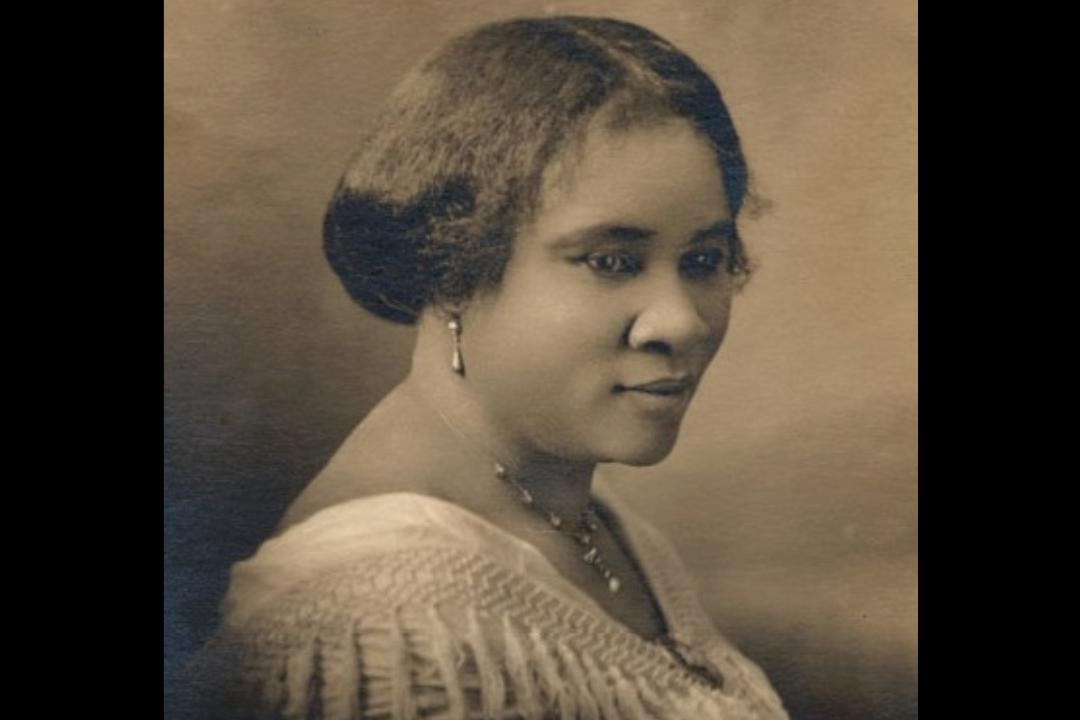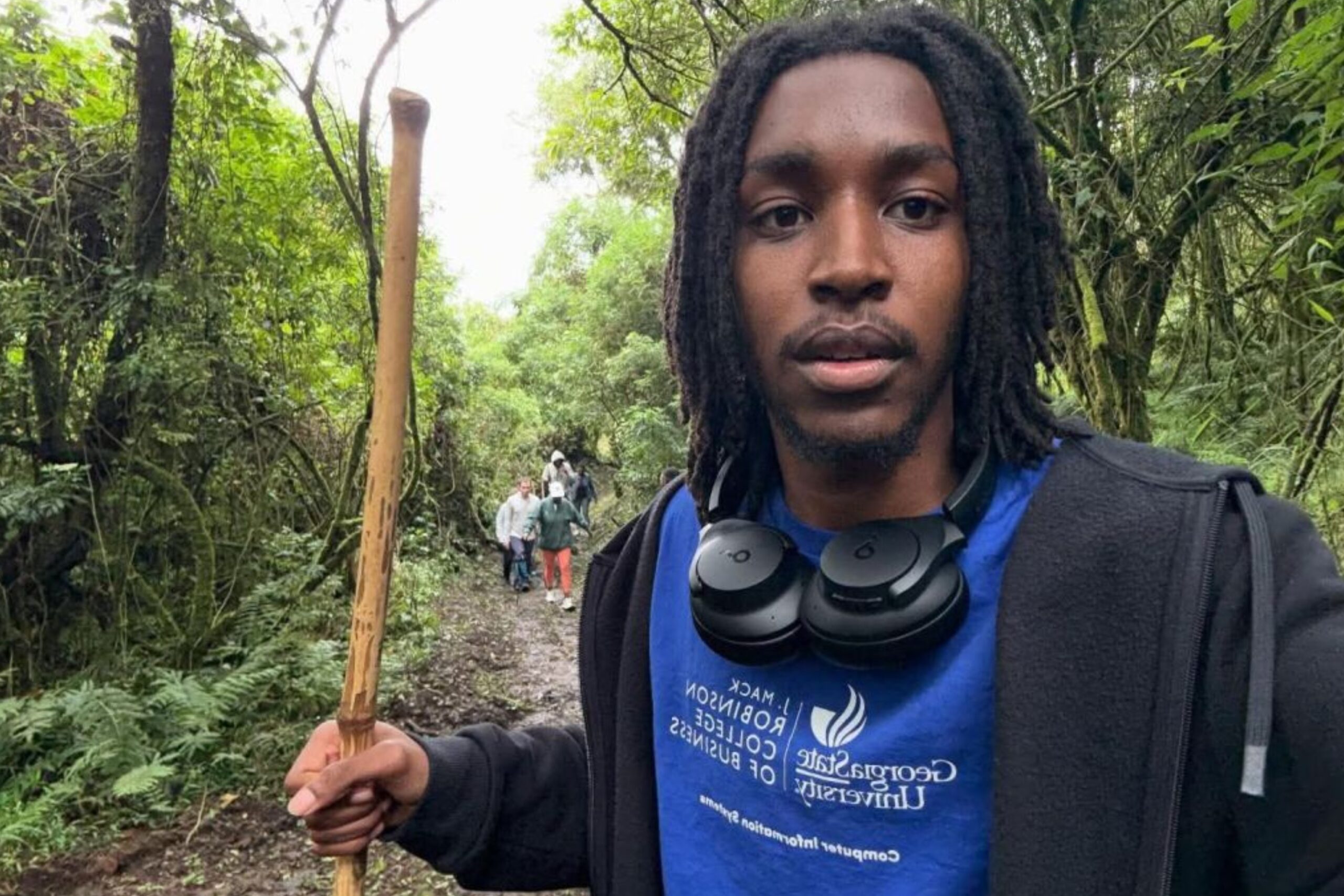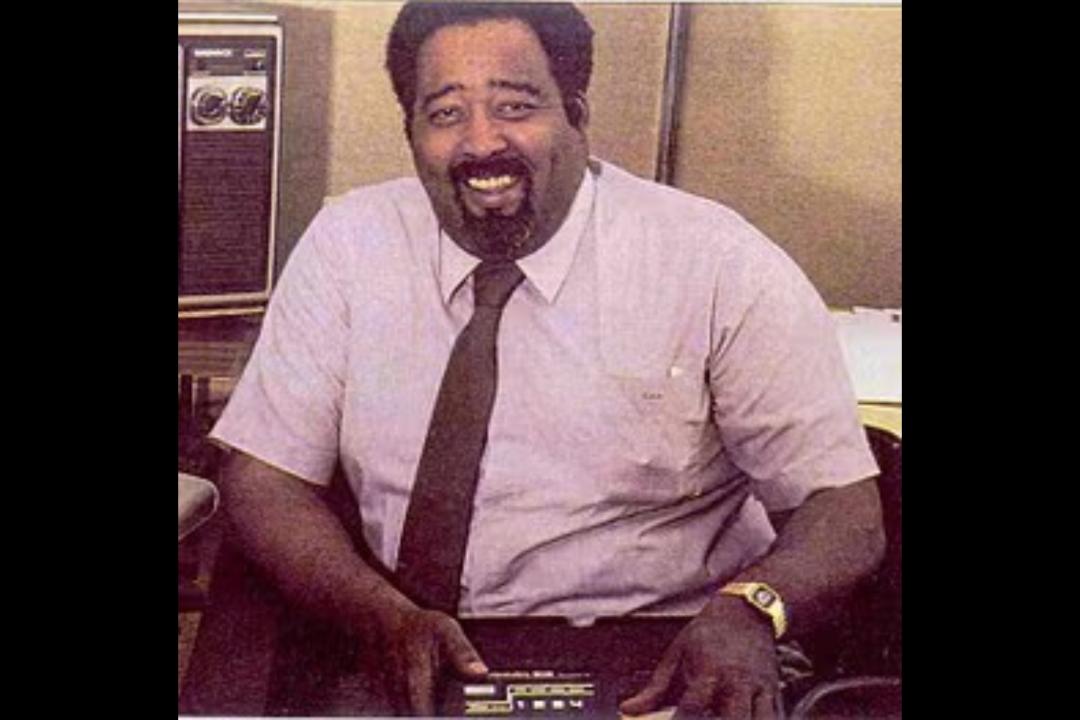SPRINGFIELD, Ill. — In response to the tragic killing of Sonya Massey by a sheriff’s deputy last summer, Illinois Governor J.B. Pritzker signed sweeping legislation on August 12, 2025, aimed at tightening police hiring standards across the state. Known as the “Sonya Massey Bill” (Senate Bill 1953), the law mandates unprecedented transparency in background checks for prospective law enforcement officers.
The Alcohol of Change: A Statewide First
Under the new law, law enforcement agencies at all levels must conduct comprehensive background reviews before extending any job offer. Applicants are now required to sign a waiver clearing the release of their full personnel records—including job performance evaluations, physical and psychological fitness reports, court records, disciplinary investigations, and even previously private settlement or nondisclosure agreements.
These records must be provided within 14 days of the request. Agencies may seek up to a 14-day extension, and if still uncooperative, they can be compelled through court orders. Only after reviewing these materials can a law enforcement agency finalize an offer.
A Law Born of Tragedy
On July 6, 2024, Sonya Massey, a 36-year-old Black single mother, called 911 from her home in Springfield, Illinois, to report a possible prowler. Despite holding a pot of boiling water—after being permitted to move it—she was fatally shot by Sangamon County deputy Sean Grayson. The shooting sparked widespread outrage and a scrutiny of Grayson’s prior conduct at multiple law enforcement agencies.
Following his arrest, investigators unearthed a troubling employment record: Grayson had multiple DUI convictions, was discharged from the military, and had faced accusations of poor compliance and impulsive behavior at prior departments. Yet these red flags failed to derail his hiring by Sangamon County.
Pritzker: “Let Her Spirit Guide Us”
During the bill signing, Gov. Pritzker—joined by Massey’s grieving family—underscored the importance of rebuilding trust between law enforcement and the communities they serve. He emphasized that communities must believe responding officers are “well-trained and without a history of bias or misconduct,” while also acknowledging that officers deserve to work alongside credible colleagues.
Key Provisions at a Glance
- Mandatory release from applicants for unredacted records from all prior employers, including law enforcement agencies
- Documents to include: fitness-for-duty evaluations, work performance reviews, disciplinary and legal investigations, plus sealed settlement agreements
- Agencies must receive records within 14 days or face legal enforcement
- No final hiring decisions until comprehensive review is complete
- Merit boards now available in counties with populations as low as 75,000—down from 1 million
The bill overwhelmingly passed the legislature—unanimously in the Senate and by a 101-12 margin in the House.
A Legacy of Reform
Sen. Doris Turner (D–Springfield) and Rep. Kam Buckner (D–Chicago), both personal acquaintances of Massey and her family, championed the legislation, emphasizing its critical role in rectifying systemic failures. Turner called passage of the bill among the most significant acts of her 25-year career.
Law enforcement groups—including the Illinois Association of Chiefs of Police and the Illinois Sheriffs Association—collaborated on the bill’s formulation. Civil rights groups, such as the ACLU, and the Attorney General’s Office also lent their support.
Looking Forward
The law is set to take effect on January 1, 2026. In the meantime, the trial of Sean Grayson—charged with first-degree murder, aggravated battery, and official misconduct—is scheduled for October 2025 in Peoria County.
Massey’s family, including her children, continues to mourn as they advocate for national adoption of the new law’s standards. Through their pain, they hope Sonya’s name will serve as a catalyst for meaningful, enduring change in policing practices.





